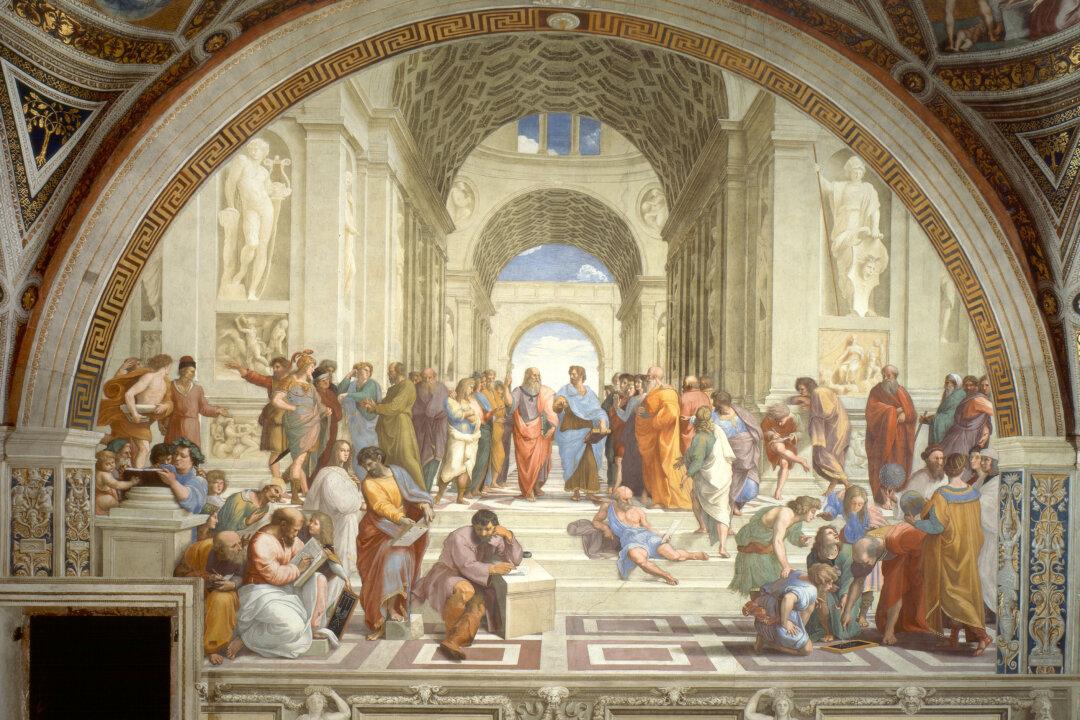Commentary
In a famous passage of his “History of the Peloponnesian War,” the Greek general and historian Thucydides describes the frightful anomie that spread throughout the Hellenic world in the aftermath of the revolution in Corcyra.

In a famous passage of his “History of the Peloponnesian War,” the Greek general and historian Thucydides describes the frightful anomie that spread throughout the Hellenic world in the aftermath of the revolution in Corcyra.